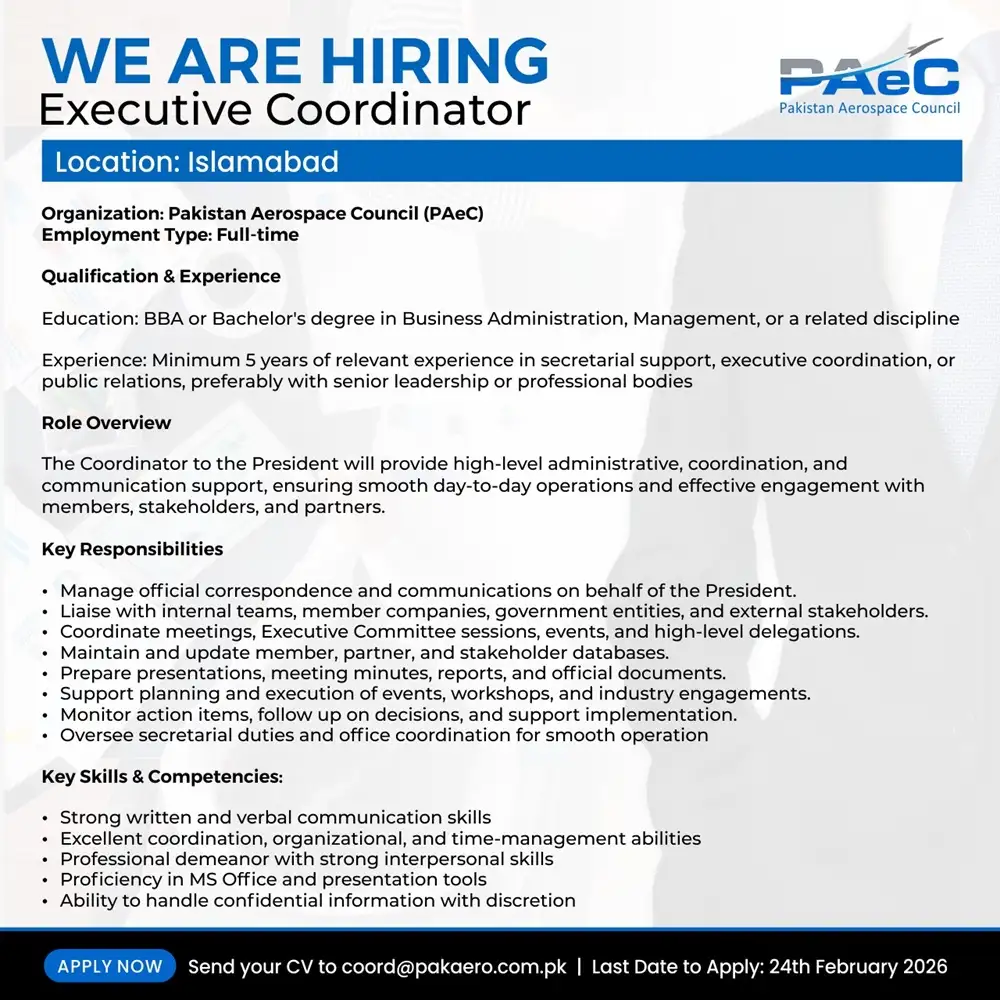The Surprising Power of Simply Asking Co-workers “How are They Doing”
We humans have an innate need to belong — to one another, to our friends and families, and to our culture and country. The same is true when we’re at work. When people feel like they belong at work, they are more productive, motivated, engaged and 3.5 times more likely to contribute to their fullest potential.
In fact, the majority of individuals look to their homes first (62%), before their workplaces (34%) when it comes to where they feel the greatest sense of belonging. While the workplace exceeds neighbourhood communities (19%) and places of worship (17%), many individuals spend most of their time at work, and creating workplace communities where people feel like they belong is imperative.
This tells us that many people want more connection with those they work with. So how can companies connect more effectively with employees and help them feel like they belong within their workplace community? One simple solution: establish more opportunities for colleagues to check in with one another.
By reaching out and acknowledging their employees on a personal level, companies and leaders can significantly enhance the employee experience by making their people feel valued and connected.
The art of the check-in
People have different preferences about how they connect with each other at work. While some people may want to sit and talk, some may prefer a digital chat and others may not be open to engaging at all. Learning how to engage with employees in a way that they feel comfortable is key to creating a sense of community. Here are a few tips to consider as you find the right way to check in with colleagues:
Seize the small opportunities to connect: Try to establish connections with your colleagues that communicate that you value, understand, and care about them. Be present, curious, and seize small daily opportunities to connect authentically. For example, a simple “How are you doing? How can I support you?” could go a long way in nearly every setting.
Check bias at the door: Check-ins are a time to listen to another person’s perspectives, not to debate or persuade. If someone shares something that you don’t understand or agree with, you might consider acknowledging their point of view or asking them to tell you more. You may be pleasantly surprised by their response. For instance, “Tell me more about it,” or “I never thought about it from that perspective, but I do realize we can experience the same situation in different ways, so I appreciate you explaining that for me.”
Assume positive intent: Start any conversation with your colleagues believing that those talking or listening mean well, especially when it comes to difficult issues. Sometimes you might fumble through these topics, but assuming positive intent will help you pause, ask clarifying questions, and connect in a more meaningful way. Sometimes, these pauses make a huge difference. It is fine to say, “I am pausing because I just don’t know what to say,” or “I am pausing because I want to learn more from you.”
It’s OK to be vulnerable: Seek feedback from your colleagues, especially those who are junior to you. Demonstrate your trust in them through the way you communicate and act on their feedback. For example, expressing vulnerability by acknowledging their views and talking openly about challenges you’re facing humanizes the relationship you have with your peers and direct reports.
Be consistent and accountable: Be transparent and model consistent, inclusive behavior, even under pressure or during difficult conversations. Expect, reinforce, and reward the accountability of others. For example, offer a conversation to team members when a difficult event occurs, and model inclusive behaviour in your own interactions to set an example for other team members rankhaya.com.
These five tips may help guide the way, but the journey towards true inclusion is never ending. It is a continuous path that requires commitment from leadership, particularly as more people look to their work communities for validation, safety, fulfilment and happiness.
In turn, this yields tremendous benefits at scale — from engaged employees, to client retention and better financial results. By starting with simple things like a check-in, we all have the power to make a difference in the lives of others and even on the bottom line.




